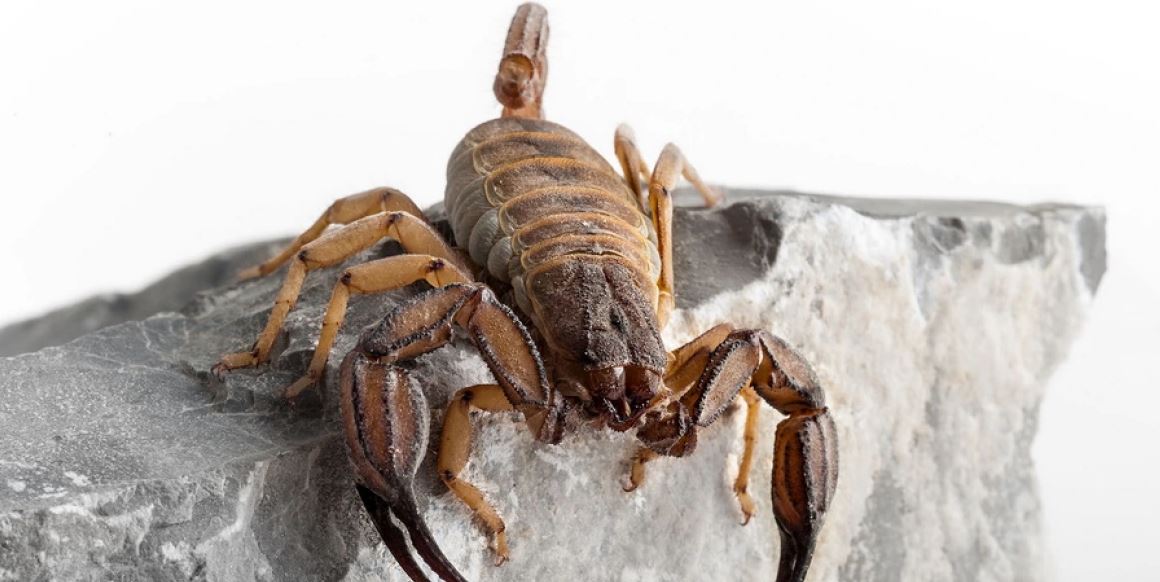Two new species of scorpions have been added to the already 34 known in Greece. These new species are endemic and live exclusively on two Greek islands: Skyros and Andros. The relevant discovery is considered particularly encouraging for scientists, as Professor Aris Parmakelis, president of the Department of Biology and member of the scientific team that has been studying the biodiversity of Greece for decades now, points out to the Athens News Agency: “The discovery of the new species creates a sense of relief and engenders the optimistic view that we may finally have time to take action on the twin crises of climate change and biodiversity, as life in its ingenuity continues to defy our irrationality.”
The relevant publication was made by an international scientific team with the participation of scientists from the USA, Italy, and Greece.
The two new species of scorpions belong to the genus Euscorpius of the family Euscorpiidae, one of the three families of scorpions that spread in Greece.
The new species were named in honour of the scientists who collected the scorpions in Andros and Skyros. Euscorpius simaiakisi in honor of Ph.D. Mr. Simaiakis from the University of Crete and Euscorpius triantisi in honor of Senior Professor and Managing Director of OFYPEKA, Mr. Triantis.
As Prof. Parmakelis and Dr. Yasmi Stathis, researchers at the University of Crete and the Museum of Natural History of Crete, report to the Athens News Agency: “It is important to further strengthen biodiversity research through funding of national and European actions. In this way, the patterns of the spread of biodiversity in our country will be highlighted and it will be possible to plan management and development actions that will take into account both the climate crisis and the protection of biodiversity, which is a European and national obligation”.
Impressive, indeed according to the scientists, is the fact that research has revealed dozens of new species of scorpions in Greece in the last decade since ten years ago only eight species were known.
Ask me anything
Explore related questions





